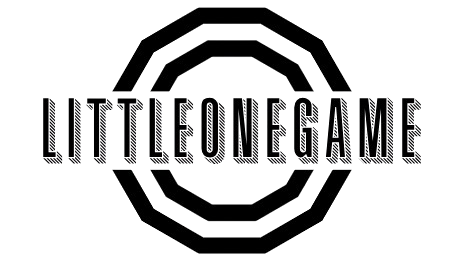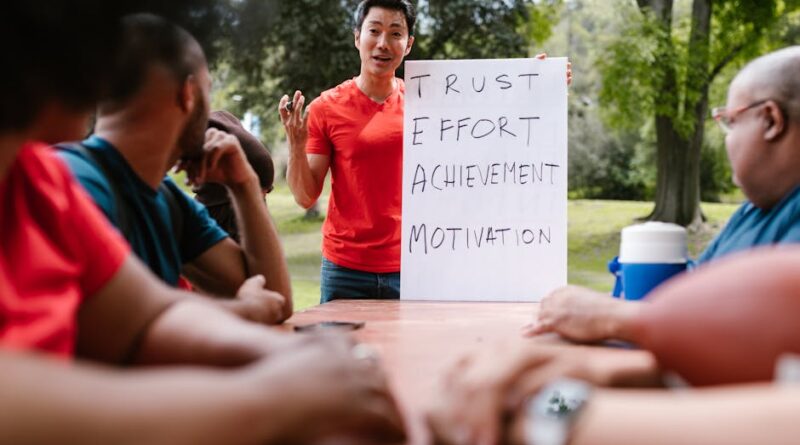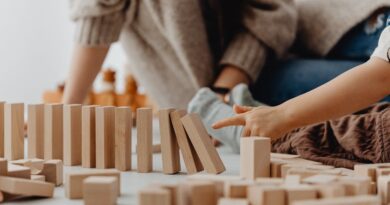The Role of Games in Problem-Solving Skills
Have you ever found yourself deeply engrossed in a game, trying to solve a puzzle or overcome a challenge? The world of gaming offers a unique and engaging way to develop and enhance our problem-solving skills. From classic board games to modern video games, the act of playing games can have a profound impact on our cognitive abilities and decision-making processes. In this article, we will delve into the fascinating realm of games and explore their role in honing our problem-solving skills.
The Cognitive Benefits of Gaming

When we play games, our brains are constantly at work, processing information, making decisions, and strategizing to achieve a goal. This cognitive stimulation is essential for the development of problem-solving skills. Research has shown that playing games can improve various cognitive functions, such as memory, attention, and spatial reasoning. For example, puzzle games like Sudoku or Tetris require players to think critically, analyze patterns, and make quick decisions, all of which are crucial elements of problem-solving.
Moreover, gaming often involves overcoming obstacles and challenges, which can help build resilience and perseverance in players. By facing difficult situations within the confines of a game, individuals can learn to adapt, strategize, and persist in the face of adversity. These skills are not only valuable in the context of gaming but can also be transferred to real-world problem-solving scenarios.
Types of Games that Enhance Problem-Solving Skills

Not all games are created equal when it comes to developing problem-solving abilities. Certain types of games are particularly effective in challenging players to think critically and creatively. Here are some genres of games known for their positive impact on problem-solving skills:
1. Strategy Games
Strategy games, such as chess, Civilization, or Starcraft, require players to plan ahead, anticipate their opponents’ moves, and make decisions that will impact the outcome of the game. These games emphasize strategic thinking, resource management, and tactical decision-making, all of which are essential components of effective problem-solving.
2. Role-Playing Games (RPGs)
RPGs immerse players in rich, interactive worlds where they must navigate complex narratives, make moral choices, and solve intricate puzzles. These games often require players to use logic, deduction, and creative thinking to progress through the story and overcome challenges. By engaging with diverse characters, environments, and scenarios, players can develop their problem-solving skills in a dynamic and engaging way.
3. Puzzle Games
Puzzle games, such as Portal, The Witness, or Monument Valley, are specifically designed to test players’ problem-solving abilities through a series of intricate puzzles and brainteasers. These games challenge players to think outside the box, experiment with different solutions, and approach problems from multiple perspectives. By tackling these challenges, players can enhance their critical thinking, pattern recognition, and deductive reasoning skills.
The Educational Potential of Game-Based Learning

As our understanding of the cognitive benefits of gaming has grown, educators and researchers have begun to explore the potential of incorporating games into educational settings. Game-based learning, or the use of games to teach academic concepts and skills, has gained traction as a powerful tool for engaging students and enhancing their problem-solving abilities.
1. Gamified Learning Platforms
Many educational institutions and online platforms have adopted gamification techniques to make learning more interactive and enjoyable. By incorporating elements of games, such as points, levels, and rewards, educators can motivate students to actively participate in their learning and tackle challenging problems with enthusiasm. These gamified learning platforms not only make education more engaging but also help students develop critical thinking, decision-making, and problem-solving skills in a fun and engaging way.
2. Serious Games
Serious games are designed with a specific educational purpose in mind, such as teaching problem-solving skills, financial literacy, or environmental awareness. These games combine entertainment with educational content to engage players in learning activities that require critical thinking and decision-making. By immersing players in realistic scenarios and challenges, serious games can help individuals develop practical problem-solving skills that are directly applicable to real-world situations.
The Future of Gaming and Problem-Solving

As technology continues to advance, the landscape of gaming and problem-solving is constantly evolving. Virtual reality (VR) games, augmented reality (AR) experiences, and artificial intelligence (AI) algorithms are opening up new possibilities for immersive and interactive gaming experiences that challenge players in innovative ways. The integration of cutting-edge technologies into games has the potential to revolutionize the way we approach problem-solving and cognitive development.
1. VR and AR Games
Virtual reality and augmented reality games transport players into digital worlds where they can interact with objects, solve puzzles, and navigate challenges in a highly immersive environment. These technologies offer a unique opportunity to engage players in problem-solving activities that require spatial awareness, collaboration, and creative thinking. By merging the physical and digital realms, VR and AR games can provide players with a dynamic and interactive platform for honing their problem-solving skills.
2. AI-Driven Games
Artificial intelligence is increasingly being integrated into games to create more adaptive and responsive gaming experiences. AI algorithms can analyze players’ behavior, provide personalized feedback, and dynamically adjust the difficulty level of the game to match the player’s skill level. By leveraging AI technology, game developers can create challenges that are tailored to individual players’ problem-solving abilities, ensuring a stimulating and rewarding gaming experience for all.
Common Misconceptions about Gaming and Problem-Solving
Despite the numerous benefits of games in enhancing problem-solving skills, there are several misconceptions that persist about the impact of gaming on cognitive development. One common misconception is that gaming is a purely recreational activity with no educational value. In reality, games can offer a rich learning experience that stimulates critical thinking, creativity, and collaboration.
Another misconception is that gaming is a solitary activity that hinders social interaction and communication skills. While some games may be played individually, many games encourage teamwork, communication, and cooperation among players. Multiplayer games, in particular, foster social connections, strategic thinking, and problem-solving skills in a collaborative and interactive environment.
Conclusion
In conclusion, games play a vital role in developing and enhancing our problem-solving skills. Whether through strategic planning in strategy games, logical reasoning in puzzle games, or creative thinking in RPGs, games provide a unique and engaging platform for honing cognitive abilities and decision-making processes. As technology continues to advance, the potential for games to revolutionize problem-solving and cognitive development is limitless. By embracing the educational potential of games and leveraging innovative technologies, we can unlock new opportunities for learning, growth, and skill development through the power of play.
To wrap things up, the next time you pick up a controller or sit down at a board game, remember that you’re not just having fun you’re also sharpening your problem-solving skills and expanding your cognitive horizons through the world of gaming.




